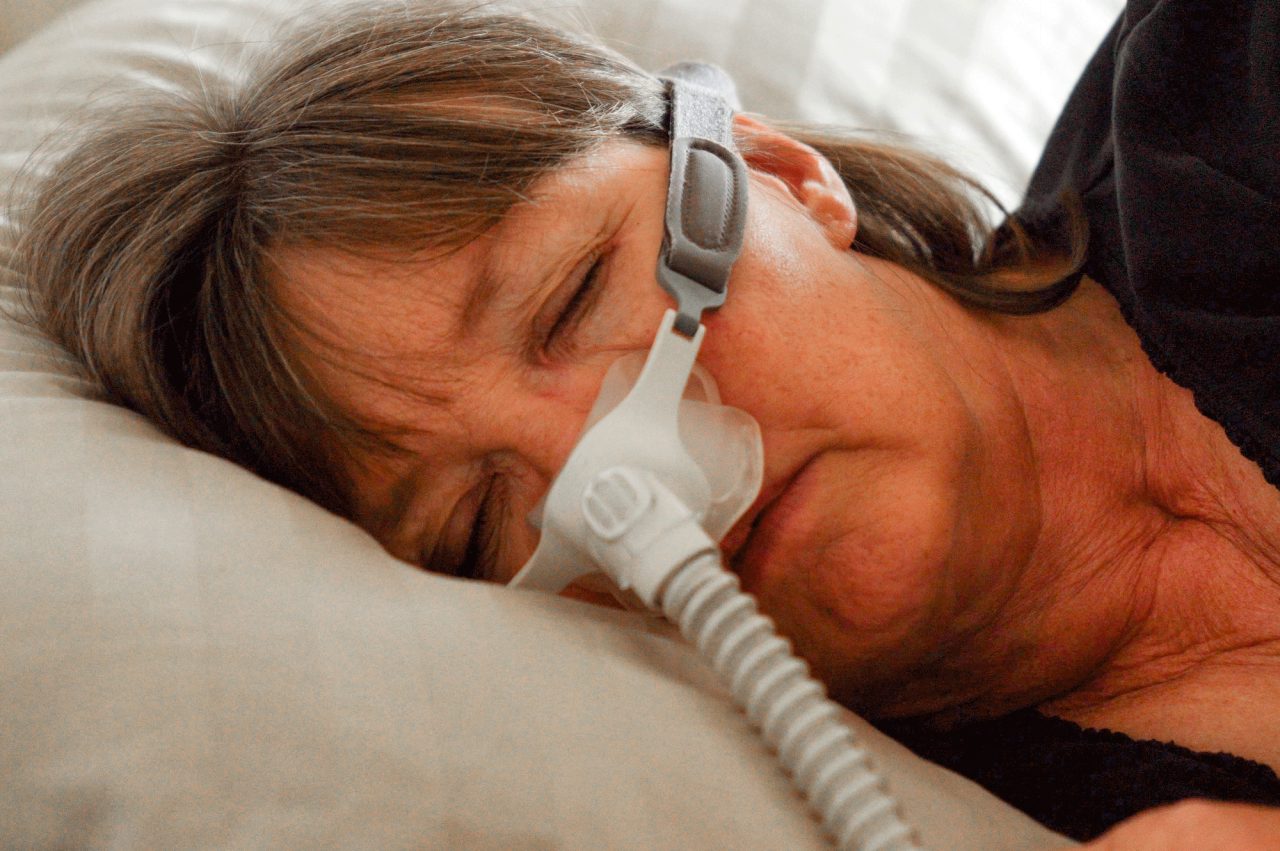What Is Sleep Apnea?

Sleep apnea is associated with snoring. It has less obvious but important symptoms, too. Left untreated, sleep apnea can have serious health consequences.
Sleep apnea may affect more than 20 percent of Americans. Although the most noticeable symptom of the condition can be heavy snoring, sleep apnea is far more serious than making annoying snorting sounds while you’re snoozing.
Sleep apnea occurs when breathing is momentarily blocked or stopped, resulting in gasping and loud snores. Because deep sleep is interrupted, people with sleep apnea often feel short of breath when they wake up during the night. When they rise in the morning, sleep apnea sufferers can feel exhausted, as if they hardly slept.
They often suffer from excessive daytime sleepiness, headaches, memory problems, and difficulty concentrating. What’s more, untreated sleep apnea raises the risk for serious and even life-threatening health problems.
But treatment can lead to dramatic improvements in the quality of life for many people.
YOU MIGHT ALSO LIKE: Sleep Apnea Causes
Types of sleep apnea
The American Sleep Apnea Association describes obstructive sleep apnea as a type of mechanical problem in your body. When you sleep, your tongue falls backwards, pushing the soft palate and the uvula (the flap of tissue hanging down at the edge of the soft palate) against the back of your throat. The result is interrupted breathing as your airway closes, and you snort and gasp to reopen the airway.
Central sleep apnea occurs when your brain fails to send strong signals to the muscles that help you breathe, the National Heart, Lung and Blood Institute (NHLBI) explains. That results in repeated episodes of interrupted breathing, which stop and start multiple times during sleep.
Central sleep apnea is less common than obstructive sleep apnea. It is often the result of other medical conditions, and treating those existing health problems may improve or relieve the condition.
Sleep apnea risk factors and causes
There are many risk factors of sleep apnea, and some you can’t change.
For example, men are more likely to have the condition than women — at least, until they reach their senior years, then both genders have about the same risk. Growing older increases your risk of sleep apnea due to age-related changes in how your brain controls breathing. Fatty tissue also builds up in your neck and tongue as you age, the NHLBI explains.
You also can’t change your family history, and sleep apnea seems to run in some families.
Other causes of sleep apnea can include:
- Large tonsils.
- Genetic syndromes in which you have small facial bones or your tongue is located unusually far back in your mouth.
- Certain hormone and neuromuscular disorders.
- Advanced heart or kidney failure can cause obstructive sleep apnea. Both conditions can lead to fluid build-up in your neck, obstructing your airway.
- Stroke, post-polio syndrome, and amyotrophic lateral sclerosis (or ALS) can result in central sleep apnea.
Risk factors you can change
Most people can lower their risk with a healthy lifestyle. Being overweight or obese significantly increases your risk for the condition, and getting and keeping weight under control can help you avoid or improve sleep apnea.
Drinking alcohol can increase relaxation of mouth and throat muscles, closing your upper airway and interfering with how your brain controls sleep and the muscles involved in breathing. Avoiding excess alcohol and abstaining from drinking several hours before you go to bed is advisable.
If you need another reason to stop smoking, consider this: Smoking often results in inflammation of your upper airway, affecting breathing and how your brain controls sleep, resulting in sleep apnea.
Take sleep apnea seriously
If you suspect you may have sleep apnea — or your spouse or partner complains you snore and gasp for air while sleeping — talk to your doctor. If it appears you may have the condition, your doctor can have you take a sleep study.
During a sleep study, you’ll spend the night in a special sleep lab while a technician:
- Records the number of episodes of slow or stopped breathing you may experience per hour
- Monitors oxygen levels in your blood and your heart rate to see if oxygen drops significantly
- Monitors your brain activity
Treatment for sleep apnea includes using a CPAP (continuous positive airway pressure) machine or supplemental oxygen and treating any existing medical conditions. Losing excess weight, getting regular physical activity, and avoiding cigarettes and excess alcohol are important, too.
Left untreated, sleep apnea raises your risk for stroke, heart disease, atrial fibrillation, type 2 diabetes, asthma, and certain cancers. The Centers for Disease Control and Prevention urges everyone with sleep apnea to take their diagnosis seriously and work with their doctor to control and improve the condition.
Updated:
August 08, 2023
Reviewed By:
Janet O’Dell, RN